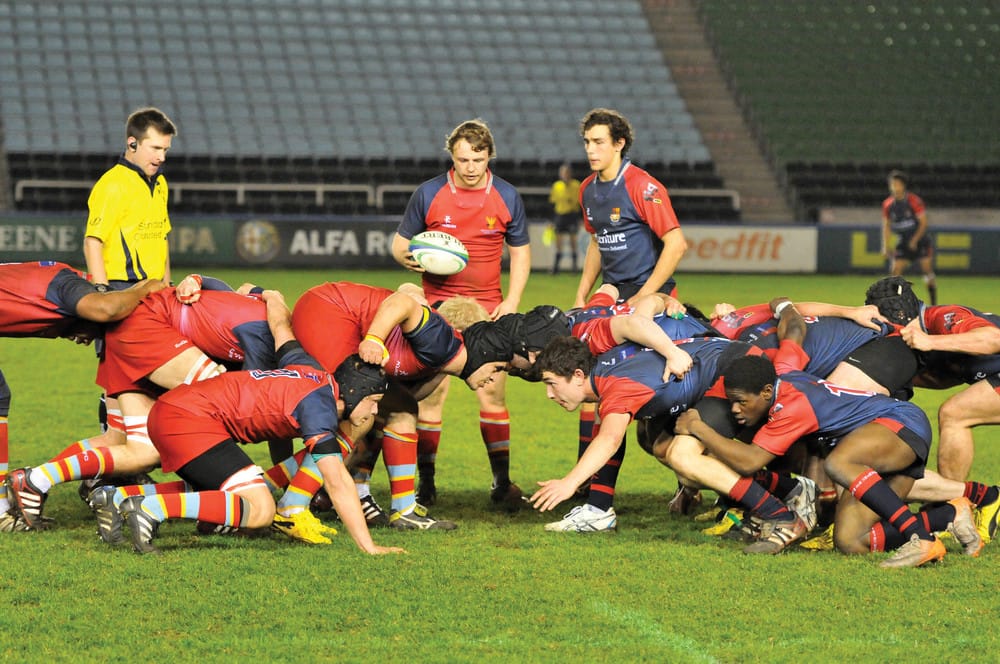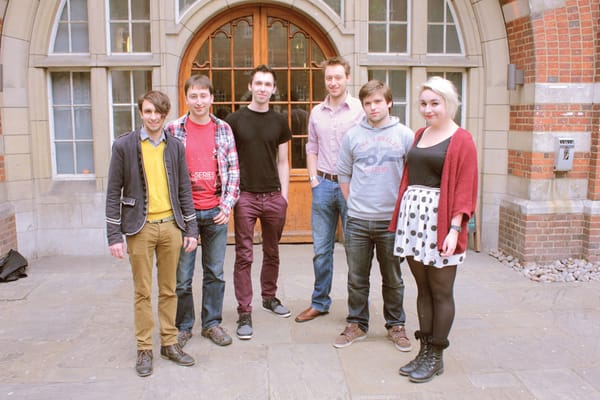College Day changes opposed at Council
Heath also outlines plan to introduce Postgraduate Sabbatical Officer

The latest meeting of the Student Union Council was held this Tuesday. One of the issues which dominated the meeting were the changes to the teaching day announced by the College Management Board on the 28th of March. The board has decided to phase out the current noon to 2pm undergraduate lunch time slot, "beginning with first year students in 2012-13, and extending to second year students in 2013-14 and to third year (and above) students in 2014-15". Instead, individual departments will each choose the time when their students have a lunch hour.
Union President Scott Heath explained that he believed that in principle the change was a good way to give departments more timetabling flexibility, with the College insisting that the actual number of contact hours for students would not go up. However, he recognised the problem the changes might pose to student society and welfare events, with there no longer being a single block of time in the middle of the day when most students are available for such activities. Heath assured the Council that he is in discussions with College in an attempt to get a guarantee that there will be at least one day a week when all undergraduates have their lunch hour at the same time.
Rolling out with the same timetable as the lunch time changes, all departments will have to set aside two hours a week, starting with 4pm to 6pm on Mondays for all first year students in the 2012-13 academic year, to allow for 'co-curricular teaching'. This will be compulsory and allow students to learn skills that complement their subject but are not necessary part of it. Part of the driving force for introducing this programme is employers' observations that Imperial students often fail to get employment due to a lack of transferable skills. The Sabbaticals stressed that the exact shape of this new initiative has not yet been decided upon and encouraged students to pass all suggestions onto them so that they may raise them in meetings of the Co-Curricular Committee.
The final major change introduced by the Management Board was the extension of the teaching on Wednesday till 1pm. Heath outlined his strong objection to this change based on British Universities & College Sports (BUCS) regulations state that inter-University sporting events can start at any time from 1pm. This would place many students in the difficult position of either skipping lectures and labs or missing their sporting event. The situation would be particularly difficult for international students, the visa conditions for many of which state that they must attend lectures.
Heath believes that this change is a simple oversight by the Board that arose as a result of a lack of consultation with students. However, he believes that this is part of larger problem of the Management Board not listening to student opinion, pointing to the Life Sciences restructure and the closure of Clayponds as other important issues that the Union was not consulted on. As a response the Council unanimously passed a resolve demanding that "on Wednesday the College day end at twelve o'clock" and that "the Management Board consults the Student Union on any paper relating to student issues", further recommending that "any papers considered by the Management Board relating to student issues must be countersigned by a Sabbatical Officer to indicate that they have been considered by the Union".
The Council concluded with a paper presented by Heath proposing to changes related to the Union's summer elections. The Council accepted plans to officially make all Welfare officers Officers of the Union, giving them a place on the Council where they might share their expertise. Furthermore the separate positions of Court Advocate, which served to provide students advice on their dealings with the Union Court, was abolished, with the Advocate duties being transferred to the Council Chair.
There was more discussion about Heath's plan to, should he be able to secure the funding, introduce a postgraduate Sabbatical position. There were concerns about the plans to make this position separate from that of the GSA president. Heath, however, explained that he believed if the two positions were combined the new Sabbatical would find most of their time occupied with organising events rather than working on education issues. The Council eventually voted to accept the idea of the new sabbatical in principle, however another vote will be held when Heath secures the funding and presents a full job description of the new role to Council.





